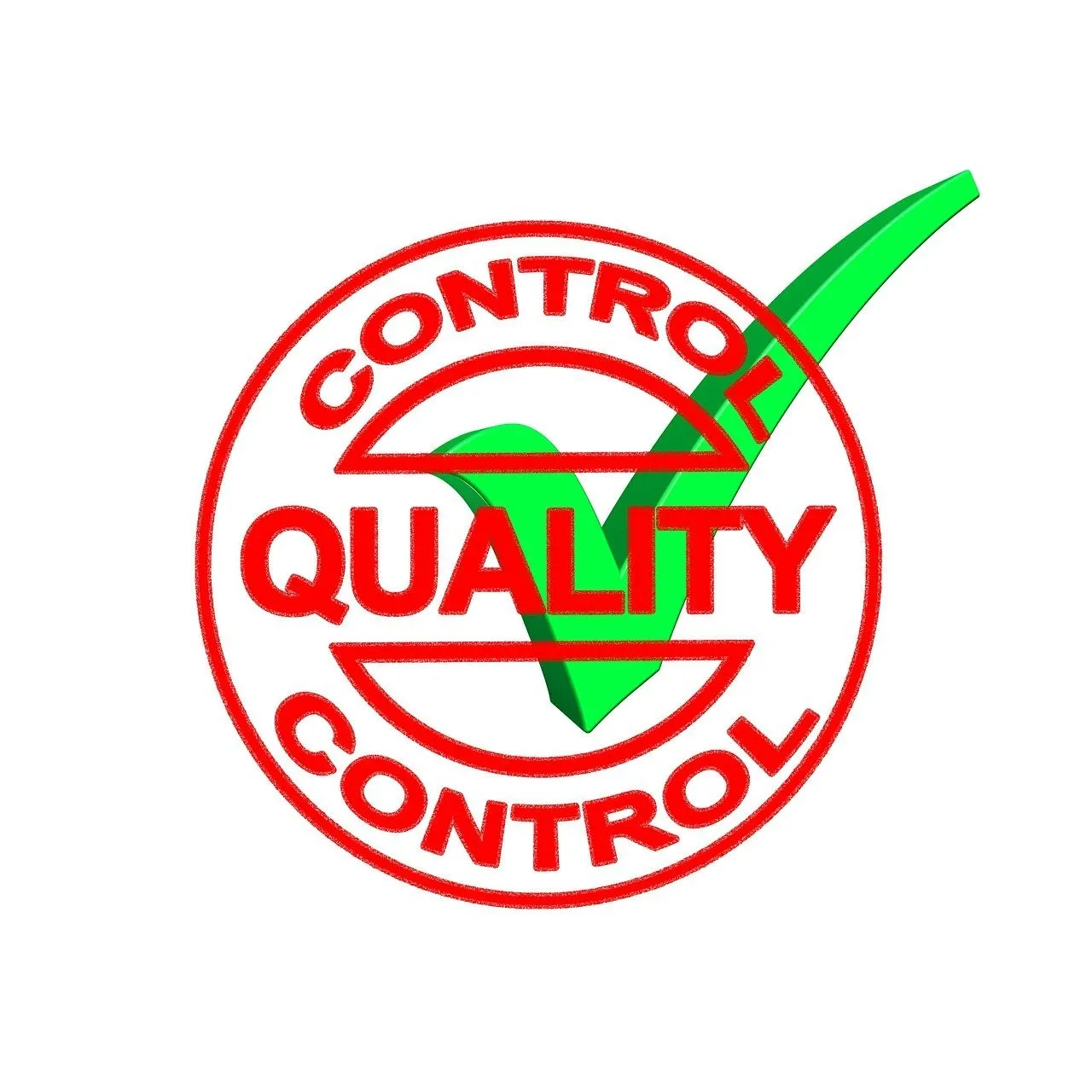Blockchain technology is greatly creating a wave with the potential to disrupt several industries including the healthcare system. With its decentralized, transparent, and security, it has found different applications in the healthcare sector to address critical issues like securing medical records management, drug traceability, and clinical trial data integrity. Here in this article, we are going to explore all the applications in detail and discuss how Blockchain is already shaping the future of healthcare systems.

source
(1) Medical Records
Among the outstanding applications of Blockchain in Healthcare is the secure management of medical records. Unlike the traditional method that stores healthcare records in centralized data bases that are vulnerable to data breaches, unauthorized access and hacking. The Blockchain technology now offers a very robust solution to all those challenges.
Data Security:
Security of data is ensured through encryption and decentralization. Records of each patient is stored in a distributed ledger and encrypted, linked to the previous one that is validated by a network of nodes. This will make is extremely hard for hackers to alter or steal the patient’s information.
Interoperability:
The Blockchain technology can facilitate the interoperability of healthcare data. Presently, the records of patients are often scattered across different healthcare providers, this is challenging and very cumbersome to access a comprehensive medical history of a patient in a centralized system. With the Blockchain, a unified record of patients can be accessed by authorized professionals of healthcare regardless of where they go to receive care.
Control:
It will make it possible for patients to have greater control over their medical data. They can grant or revoke access to their medical records, to ensure its privacy enabling them to share their data only with a trusted party. This empowers the patient to make an informed decision about their healthcare.
(2) Drug Traceability
Drug traceability is another critical aspect of Blockchain in Healthcare. Counterfeit drugs paraded across the counter pose a very significant threat to patients’ health and the Pharmaceutical industry’s integrity. Blockchain can be used to track the production, authentication, and distribution of pharmaceutical drugs.

source
Supply Chain:
| The movement and distribution of every drug can be recorded on the Blockchain. Every Stakeholder can ensure the transparency and traceability of drugs till they get to the end user. This will reduce the risk of counterfeit or substandard drugs entering pharmaceutical stores.
Authentication:
Healthcare givers and patients can verify the authenticity of pharmaceutical products through scanning a QR code or accessing the Blockchain. This system will help to prevent the consumption of counterfeit drugs thereby safeguarding the health patients.
Quality Control:
Blockchain technology allows the monitoring of temperature, humidity and other environmental factors during the process of transportation and storage of drugs. In case of failure out of the acceptable range, the Blockchain will trigger an alert to ensure that drugs remain effective and safe for the patient to consume.

source
(3) Clinical Trial on Data Integrity:
Blockchain technology can to a very large extent enhance the integrity and transparency of clinical trial data. This is due to the fact that Clinical trials as the backbone of medical research and drug development, face data integrity often.
Data Record:
Once data is recorded on the Blockchain, it cannot be altered or deleted because it is immutable. It will ensure the clinical trial results and patient data remain tamper-proof to preserve the integrity and authenticity of research outcomes.
Transparency:
Trust is very important among stakeholders and other regulatory bodies because they can have real-time access to clinical trial data on the Blockchain. This transparency results to trust ensuring compliance with ethical and regulatory standards.
Sharing of Data:
The bodies involved in clinical trials like researchers, institutions, and pharmaceutical companies can have access in Blockchain to secure data sharing among themselves. Smart contracts can automatically allow data sharing agreements, to ensure that sensitive information is only open to authorized parties.
(4) Management of Identity and Patient Consent
The patient consent processes and identity management can be streamlined through Blockchain in healthcare. Patient identity and verification are very important for various healthcare scenarios, from participating in clinical trials to accessing medical records.
Verification of Identity:
Patients identities can be securely verified on the Blockchain, thereby reducing the risk of fraud and theft. This will make it easy for administrative processes to take place and enhance trust in patients records.
Patient Consent Management:
Sharing of data, research participation and consent management of patients can be done on the Blockchain. Patients can grant access or revoke consent using Smart Contracts, providing everydetails on how their data will be controlled.
Monetization of Data:
Patients can also benefit a lot through Blockchain-based systems as they share their data for research purposes. While maintaining control over their data, they can also be compensated or receive other rewards for their contribution to medical research.
Future Outlook:
While Blockchain holds several promises for healthcare, there are challenges involved. Integrating with existing healthcare systems, regulatory compliance and scalability are among the many hurdles that needs greater attention. Also, the energy consumption of some Blockchain networks, like Bitcoin are raising a lot of concern on pollution and environmental impact.
Conclusion:
The Healthcare system has many promising future in Blockchain technology. As we move ahead in technological advancement, we are expecting to see an increase in efficiency, security and transparency in the Healthcare systems. When stakeholders, technology providers and other regulatory bodies collaborate the full potential of Blockchain technology will be unlocked.
To end this article, Blockchain technology has the full potential to revolutionize and chain the Healthcare systems by providing medical records management, ensuring drug traceability and great clinical trial data integrity will be enhanced. Due to the decentralized nature and transparency of Blockchain, it can address many of the challenges that have been plaguing the healthcare industry for a long time. Hence as these challenges remain, the continuous development and adoption of Blockchain solutions promises a brighter and more secure future for the Healthcare systems across the globe.